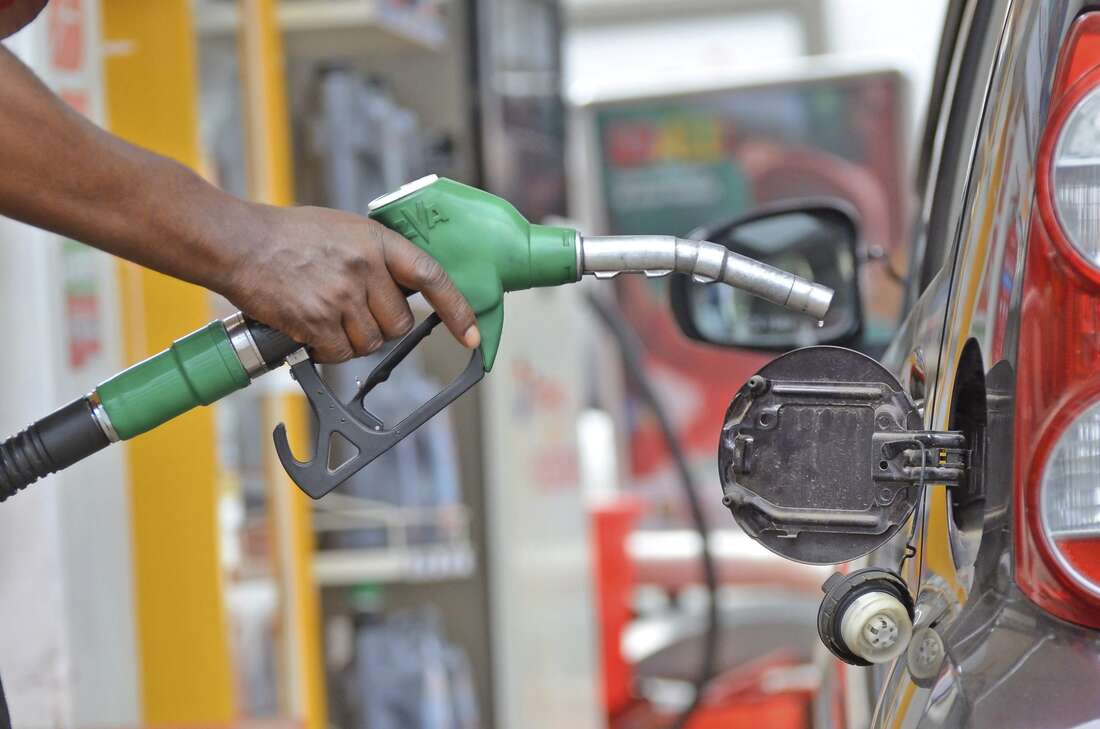Tanzania’s energy regulator on Tuesday announced new maximum price caps for gasoline, diesel and kerosene that will take effect Wednesday amid declines in global crude prices.
The Energy and Water Utilities Regulatory Authority said the price drops reflect lower world oil prices and import costs. The price of gasoline will decrease by an average of 5.7% while diesel and kerosene prices will drop by more steeper amounts.
“Changes in prices of petroleum products in November 2023 are mainly due to the decrease in the world oil price by an average of 5.68%, and a decrease in premiums for the importation of petroleum products,” the agency said in a statement.
The maximum pump price for a liter of gasoline will be 3,274 Tanzanian shillings in Dar es Salaam, 3,320 shillings in Tanga and 3,347 shillings in Mtwara.
Diesel will be capped at 3,374 shillings per liter in Dar es Salaam, 3,510 shillings in Tanga and 3,546 shillings in Mtwara. Kerosene limits will be 3,423 shillings, 3,469 shillings and 3,495 shillings in each city respectively.
The regulatory authority reminded retailers that they face legal action if they fail to comply with the new maximum prices.
“EWURA would like to remind wholesalers, retailers and the general public to adhere to the following,” the statement said, before outlining several directives including requirements to post prices and provide receipts.
Consumers can check cap prices by texting a number provided by the agency. Stations are allowed to sell below the limits if they choose.
“Oil Marketing Companies are free to sell their products at a price that gives them a competitive advantage provided that, such price does not exceed the price cap,” the statement said.
Officials pointed to turmoil in global oil supplies as a factor behind the limits.
“Reduction of production of petroleum products by OPEC+ and economic sanctions on Russia” contributed to the changes, the agency said.
Meanwhile in neighboring Kenya, Energy Cabinet Secretary Davis Chirchir yesterday warned that fuel prices could spike to KES 300 per liter due to the conflict between Israel and Palestine.
The minister told a national committee that the geopolitical tensions were likely to lead to pain at the pump. Kenyan fuel prices will be reviewed next week.


















